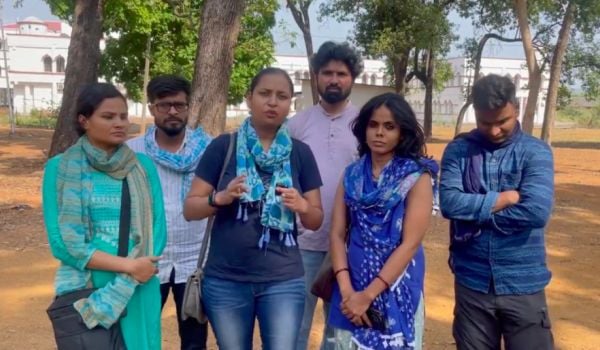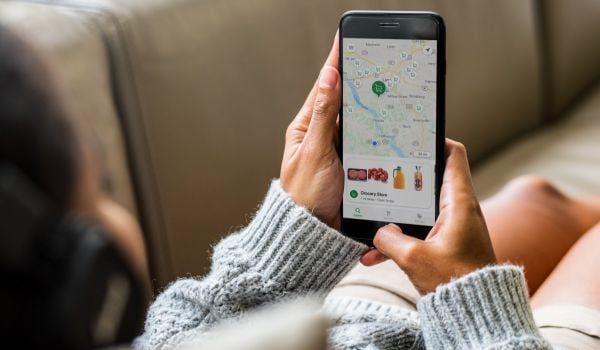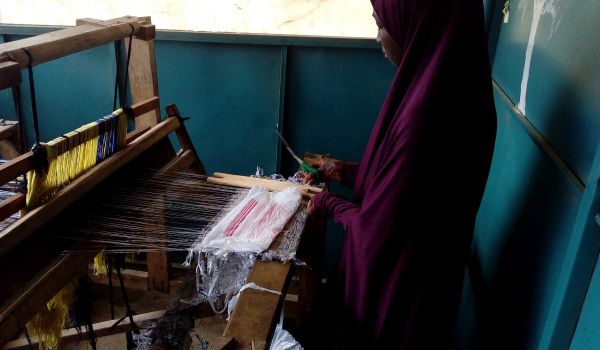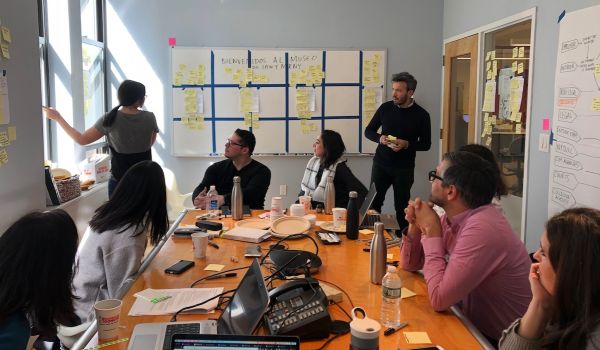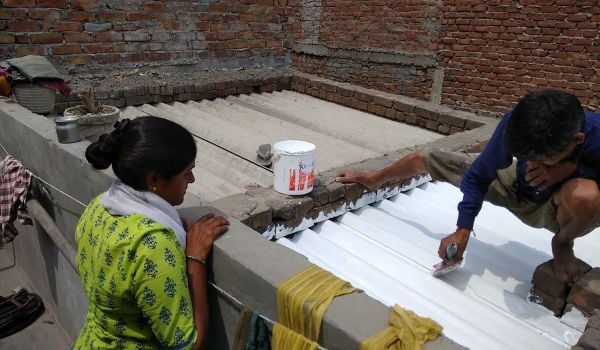Thanks to a lack of modern infrastructure and growing demand, many urban Indian households must wait for their water lines to “open” for a short period of time each day (or several times during a week) so they can stock up for cleaning, washing and bathing. Schedules differ in each municipality and pipe maintenance problems can cause unexpected delays. Plus, residents are responsible for having a mechanism to collect the water. Those who live in apartment complexes where reservoirs or tanks fill up when the taps flow have an easier time, but what about those who don’t have such a luxury? For them, water comes every few days, or even just once a week. Even worse, says Anu Sridharan, people don’t know when it’s coming.
The 27-year-old Sridharan, the CEO of NextDrop, is changing that. By connecting water boards in India with their customers, NextDrop delivers an SMS to residents about an hour before the valveman turns on the pipes so they can plan accordingly. The tech startup is about to launch its current model in Bangalore.
To start, Berkeley Ph.D. student Emily Kumpel, who was a classmate of Sridharan’s, originally thought of linking technology to water, but Sridharan is the one who moved to Hubli, a city of one million in South India, to run a pilot for more than a year.
Initially, NextDrop pivoted around subscriptions. Residents would sign up for the service, paying a nominal fee of 10 Rupees to get alerts via SMS.
NextDrop also asked customers to send a text message back to confirm they received water. But text messages can be costly, so NextDrop initiated a missed-call system, ubiquitous in India. (To avoid charges for texts, many Indians use missed calls to communicate with drivers and staff. A missed call to a driver, for instance, translates to “Please get the car ready.”) NextDrop users can now give the hotline a missed call to verify water flow.
NextDrop’s other issue to tackle was subscriber payment. Sridharan relied on mobile money initially, but she quickly learned that platforms were not as prevalent in India, compared to, say, Kenya’s M-Pesa.
With about 15,000 subscribers, Sridharan decided to alter the model. Instead of charging the end-user, she decided to build contracts with water boards.
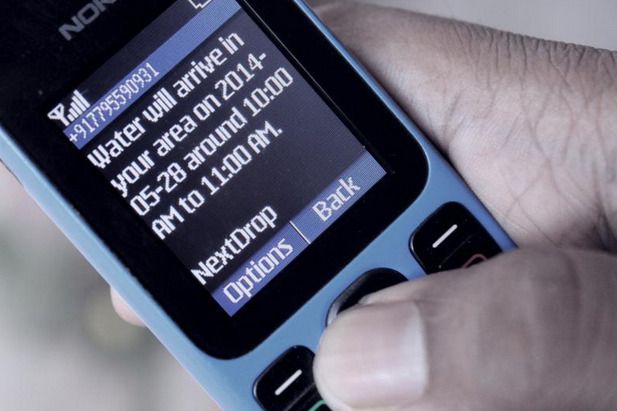
(Credit: NextDrop)
The Bangalore Water Supply and Sewerage Board decided to take the risk, though, and Sridharan plowed through the paperwork. Bangalore, where NextDrop is based, will be the first major Indian city to adopt this model. Working in one neighborhood, Malleswaram, initially, NextDrop will deploy the same model as in Hubli, but charge the government for its service.
Sridharan refers to NextDrop as a “complaint management system,” linking citizens to governments. Water management is simply their first product in what she hopes will become a “product suite.”
“We are simply solving problems. That’s what it means to me. I don’t think that’s what it means to most people. We’re just trying to help the city do its job,” she says.
By having this data, Bangalore’s water board can also monitor the movement of water, any leakages, blockages or other faulty issues. They can keep tabs on water levels in city-owned reservoirs too.
A smart-grid system built on sensors, Sridharan says, is far too expensive. “Only about 35 cities in the United States have that infrastructure and bringing it to India would be too complex and costly.”
When Sridharan, an Indian-American from Southern California who shifted back to her parent’s home country to pursue this project, says she wanted a job that solved social problems.
Today, she oversees a full-time staff of 30 and travels back and forth between India and the U.S. for meetings with investors. NextDrop has been funded primarily by three organizations: Social + Capital Partership, GSMA and the Knight Foundation. (Next City receives funding support from the Knight Foundation.) Though NextDrop is now three years old, Sridharan says she’s not quite ready to go after a series A round of funding. She first wants to establish a successful blueprint through the Bangalore contract, and then expand to other metros such as New Delhi and Chennai.
“We’ve had folks contact us from around the world,” she says, given that the same problem exists in the rest of South Asia, Latin America and Africa. “But we’re not ready yet for global dominance,” she jokes.
The Works is made possible with the support of the Surdna Foundation.

Esha Chhabra is a journalist who covers social impact, technology for development and public health.



